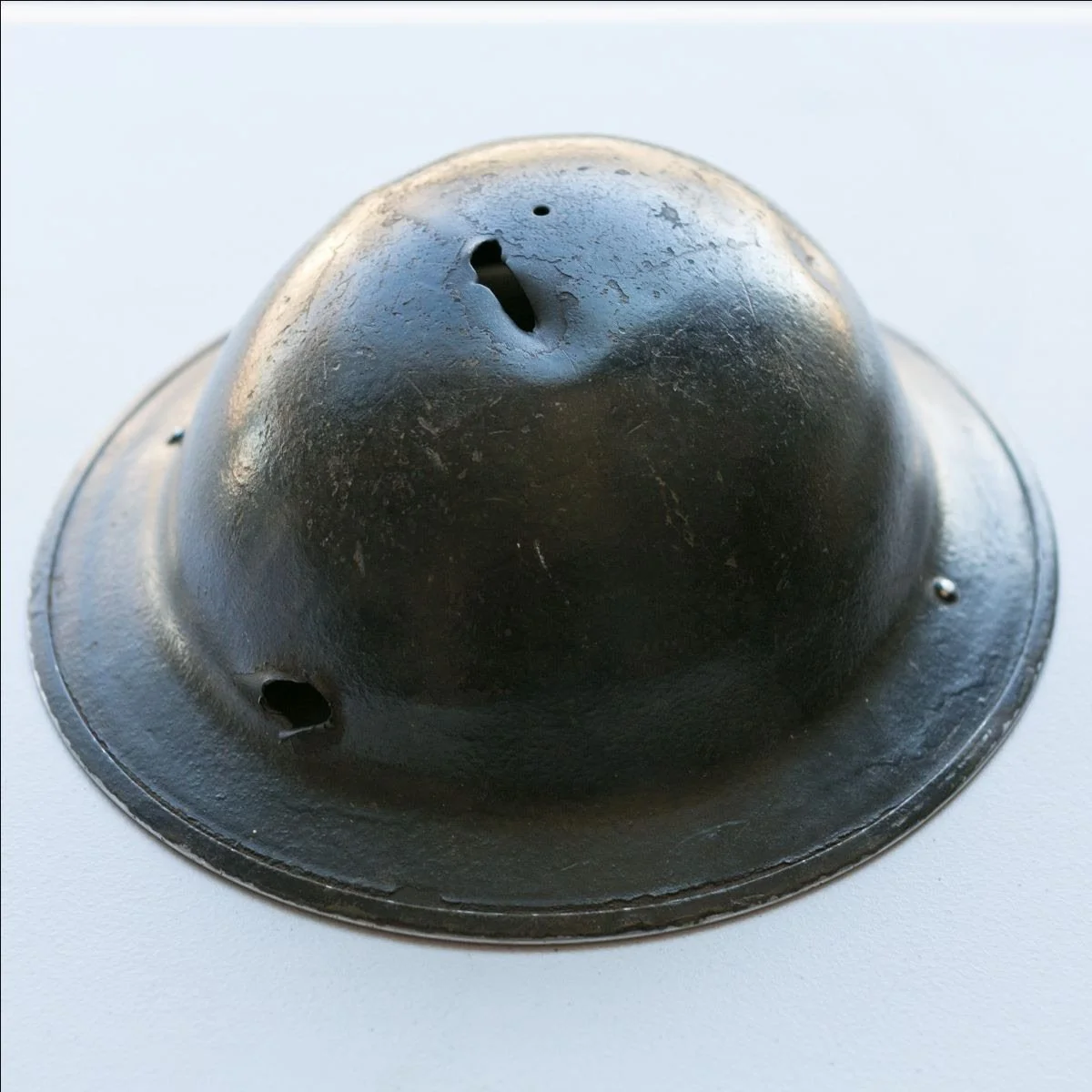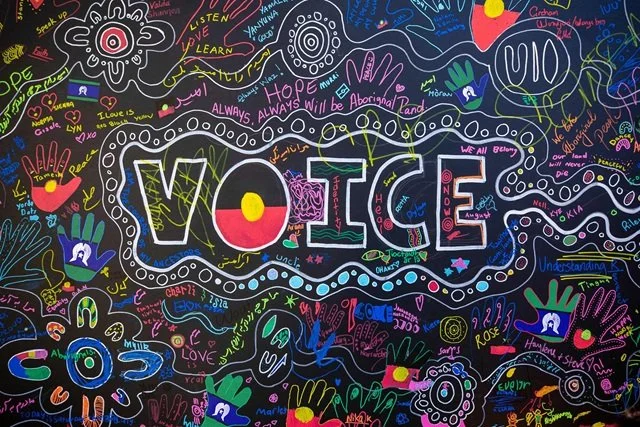It’s been a heavy news week. In Victoria, a so-called “sovereign citizen” murdered two police officers—a dreadful act with an ideology that feels like it’s been imported from the more combustible corners of America’s internet, but which is disturbingly homegrown. Meanwhile, in Canberra and across all the state capitals, we’re bracing for a “March for Australia” this Sunday, billed as a patriotic gathering but reportedly shaping up to be a far-right rally with the usual cocktail of grievance, nationalism, and suspiciously large flags.
There’s a thread running through both stories: a simmering anger about identity, belonging, and authority. Who gets to tell me what to do? Who am I really loyal to? Sovereign citizens claim they’re not bound by government laws; marchers on Sunday will wave flags proclaiming they’re the “true” Australians. Both stories hum with the anxiety of people desperate to define themselves and their place in the world, and suspicious of anyone else trying to do it for them.
It’s a bit too easy to scoff at conspiracists or cringe as we realise that the impulse that made the White Australia policies of the last century have not been as vanquished as we thought. But the truth is, all of us are trying to settle the same questions: Who am I? Whose rule am I living by? Where do I belong? These are deeply spiritual questions, and the gospel has something profound to say about them.
When Paul wrote to the Philippians, he said something that would have been startling to his Roman readers:
“Our citizenship is in heaven. And we eagerly await a Saviour from there, the Lord Jesus Christ.” (Phil. 3:20)
To a Roman citizen, that was radical. Roman Citizenship was a golden ticket; it shaped your entire identity. Paul, a Roman citizen himself, was saying: even that’s not ultimate. Christians belong first and foremost to Jesus. Our primary passport is stamped with the cross, not the Southern Cross.
That changes how we think about power and authority, too. Sovereign citizens reject governmental authority entirely. Christians don’t—we respect government as God’s good gift (Romans 13:1-7) but we also remember that no government is ultimate. Christ is king, and every other authority is temporary. And that’s good news: you don’t have to pin your hopes or your identity to Canberra, Washington, Beijing—or even your own defiant independence.
The gospel sets us free from the exhausting scramble to carve out our own sovereignty. You are already profoundly known, deeply loved, and permanently “at home” in Christ. And that makes us, ironically, the best kind of citizens: people who can live at peace, love our neighbours, honour leaders, and stand against evil—because our citizenship isn’t fragile. It’s secure.
So, as some segment of Australia marches and shouts and fumes this weekend, maybe Christians can quietly model something better: a calm confidence in the King who doesn’t need defending, and a deep love for the neighbours who don’t yet know that their true citizenship could be in heaven too.
grace and peace
Steve






